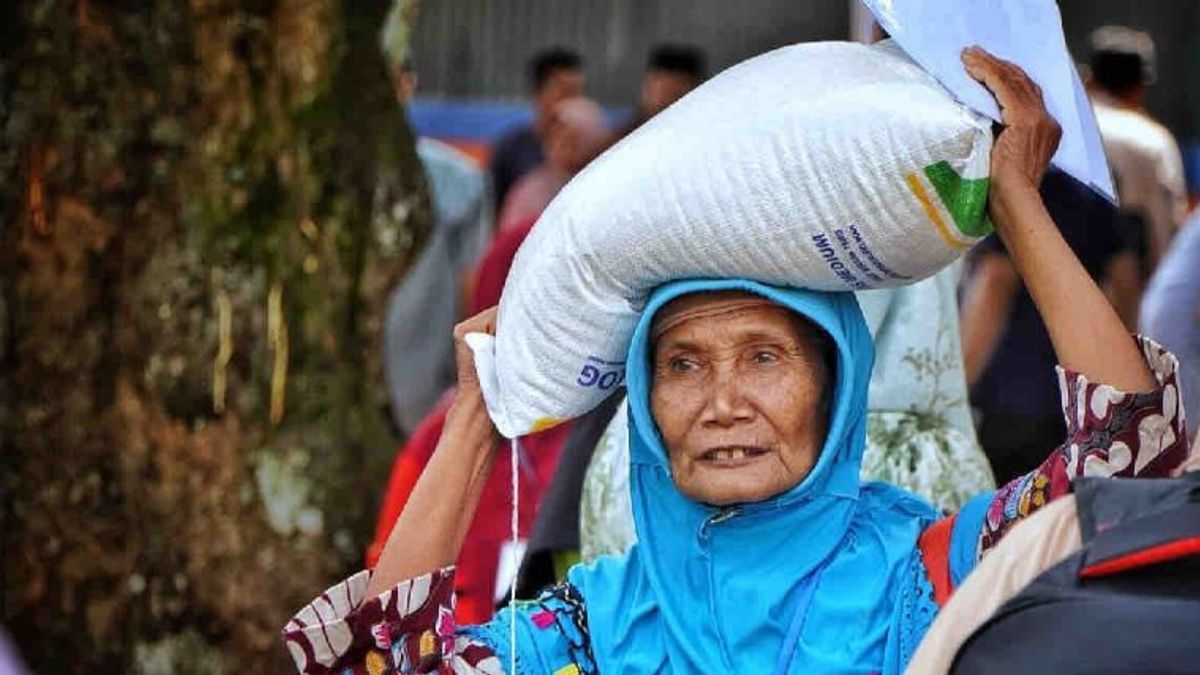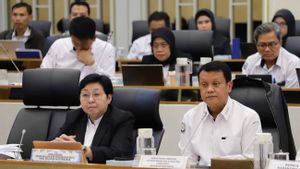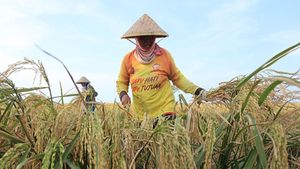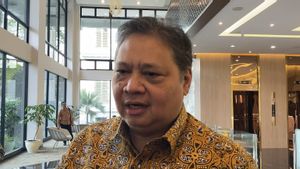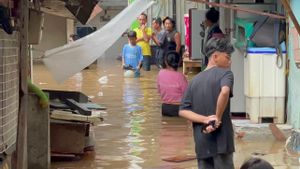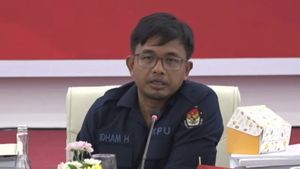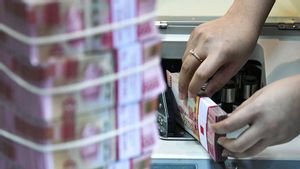Head of the National Food Agency (Bapanas) Arief Prasetyo Adi said that the 10 kilograms (kg) rice food assistance program, which was given to 22 million beneficiary families (KPM) throughout Indonesia, had contributed to reducing poverty.
"BPS (Central Statistics Agency) July 2024 noted, together with other social assistance programs, this food assistance (banpang) program affects the poverty rate where the percentage of poor people in March 2024 was 9.03 percent, decreased by 0.33 percentage points to March 2023, and decreased by 0.54 percentage points to September 2022," Arief said as quoted by ANTARA, Wednesday, July 17.
According to Arief, rice food assistance is one of the government's programs to support the economy of the community which contributes to poverty reduction.
He said this shows that food occupies a very crucial position considering that its fulfillment cannot be postponed or substituted with other goods.
"Pangan ini kebutuhan dasar bagi setiap individu, termasuk kelompok masyarakat pendapatan rendah yang aksesibilitasnya terhadap pangan relatif sulit," ujarnya.
According to Arief, rice food assistance is a form of government presence in meeting the needs of low-income people and controlling inflation in the midst of complex food security challenges.
He said the importance of the food aspect for poverty alleviation can be seen from BPS data which shows that the contribution of rice to the poverty line reaches 21.84 percent in urban areas.
Meanwhile, in rural areas, the contribution reached 25.93 percent.
Arief hopes that with the distribution of rice food assistance, the poverty rate can continue to decline and the community can meet food needs properly.
As a food commodity that is mostly consumed by the Indonesian people, some of the government's rice stocks in Bulog are used to distribute rice food assistance for 22 million KPM in all provinces.
"Based on President Joko Widodo's direction, the distribution of the rice banpang was extended in August, October, and December 2024. This extension was carried out after seeing the availability and adequacy of the APBN allocation," he explained.
Arief added, in addition to distributing food aid, the government has also distributed food supply and price stabilization rice (SPHP) to increase food accessibility that is cheap and affordable by the general public.
SEE ALSO:
He added that market operations and the cheap food movement (GPM) which were held at the center, all provinces and regencies/cities continued to be intensified, so that people received affordable food.
"Together with all relevant stakeholders, of course this is a joint effort to maintain supply stability and food prices, especially rice," said Arief.
The English, Chinese, Japanese, Arabic, and French versions are automatically generated by the AI. So there may still be inaccuracies in translating, please always see Indonesian as our main language. (system supported by DigitalSiber.id)
